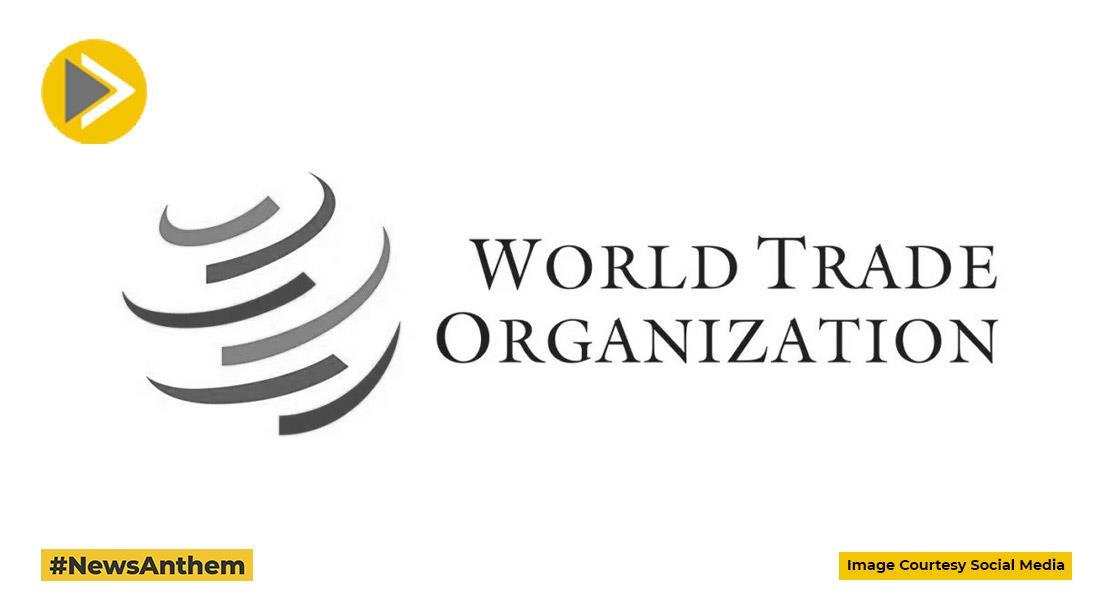Canada Takes WTO Action Against US Steel and Aluminum Tariffs

News Synopsis
Canada has officially lodged a complaint with the World Trade Organization (WTO) over the United States' decision to impose import duties on Canadian steel and aluminum. The move marks a significant escalation in trade tensions between the two countries. According to an official statement from the WTO, Canada has formally requested consultations regarding these tariffs, which Ottawa claims are in violation of global trade agreements.
The request was circulated among WTO member nations on Thursday, signaling the beginning of a potential legal battle over the issue. Canada maintains that the US unfairly withdrew its tariff exemptions and subsequently increased duties on steel and aluminum imports, which directly contradicts US commitments under the General Agreement on Tariffs and Trade (GATT) 1994, as reported by Xinhua news agency.
Canada Calls for Formal Consultations with the US
Mary Ng, Canada’s Minister of Export Promotion, International Trade, and Economic Development, addressed the matter on Wednesday, stating that Canada is actively pursuing formal discussions with the United States regarding these tariffs.
"Canada is deeply disappointed that the US has chosen to reimpose these unjustified tariffs that hurt workers and businesses on both sides of the border," said Ng. "These unilateral tariffs violate the United States’ obligations under both the Canada-United States-Mexico Agreement (CUSMA) and the WTO Agreement."
With billions of dollars at stake, Canadian officials are determined to challenge what they see as unwarranted trade restrictions by the United States.
Canada Implements Counter-Tariffs on US Steel and Aluminum
In retaliation, Canada announced on Wednesday that it would impose reciprocal tariffs on US steel and aluminum imports valued at 29.8 billion Canadian dollars ($20.7 billion). This move is aimed at protecting Canadian industries and ensuring that businesses and workers are not adversely affected by US trade policies.
Francois-Philippe Champagne, Minister of Innovation, Science, and Industry, issued a statement on Thursday, emphasizing the importance of Canadian steel and aluminum in supporting key North American industries.
"Canadian steel and aluminum form the basis of North America’s critical infrastructure and manufacturing base, while supporting vital US industries, including defense, shipbuilding, and automotive," Champagne stated.
To further protect domestic industries, Champagne has instructed Industry Canada to prioritize funding for projects that use primarily Canadian steel and aluminum.
US Tariff Increases and Abrupt Reversal
Trade tensions escalated after US President Donald Trump signed proclamations on February 10, increasing tariffs on aluminum imports from 10% to 25%, aligning them with existing steel tariffs. Furthermore, the US removed duty-free quotas, exemptions, and exclusions for steel and aluminum imports. These tariff adjustments were scheduled to take effect on March 12.
However, the situation took an unexpected turn on March 11, when Trump announced plans to double tariffs on Canadian steel and aluminum imports to 50%. This aggressive tariff hike was positioned as a response to Ontario’s tariffs on electricity exports to three US states.
In a sudden reversal, the US rescinded the planned tariff hike later that same day after Ontario withdrew its electricity export tariffs.
What’s Next? Potential Impact on US-Canada Trade Relations
Canada's decision to challenge the US tariffs at the World Trade Organization (WTO) raises the likelihood of a protracted trade dispute. If unresolved through consultations, the case may move into WTO’s dispute settlement mechanism, which could take months or even years to reach a resolution.
Trade experts suggest that the ruling in Canada’s favor could force the US to roll back the tariffs, while a ruling favoring the US may encourage further protectionist trade policies.
The outcome of this steel and aluminum tariff conflict will be closely monitored by businesses, policymakers, and trade analysts on both sides of the border.
You May Like









